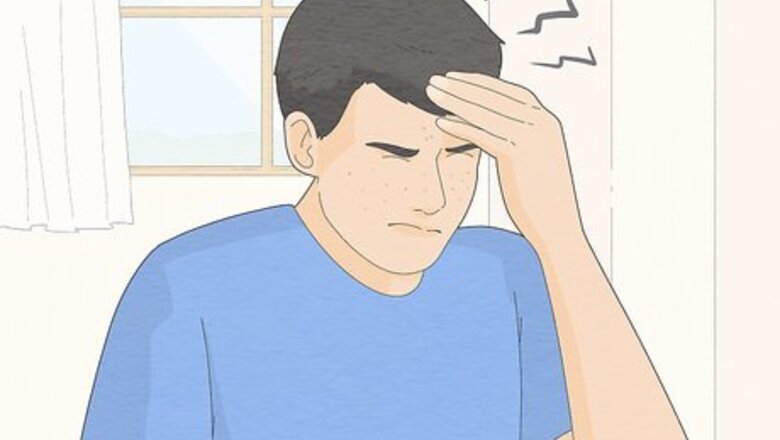
views
X
Expert Source
Lyssandra GuerraCertified Nutrition & Wellness Consultant
Expert Interview
Most commonly touted by complementary and alternative medicine practitioners, the diet primarily eliminates sugar, white flour, yeast, and cheese to combat the overgrowth of candida in your body. While there aren't any clinical trials showing that the diet is effective, there's no harm in giving it a shot. Cutting out processed foods, the bulk of which contain sugar and yeast, is recommended by most diets anyway to improve your health.[2]
X
Trustworthy Source
Mayo Clinic
Educational website from one of the world's leading hospitals
Go to source
Here, we've gathered answers to some of your most common questions about starting a yeast-free diet.
How do I know if a yeast-free diet will work for me?
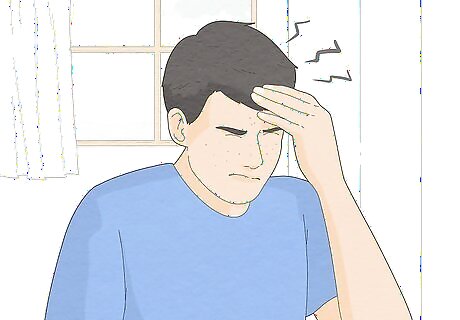
If you have frequent yeast infections, you might want to try the diet. Proponents of the yeast-free diet tout its success at eliminating yeast overgrowth. Frequent yeast infections are a common (and irritating) symptom of yeast overgrowth. Other symptoms include brain fog, fatigue, bloating, and skin or nail fungus. While the yeast-free diet itself is fairly restrictive, at its core it's simply requiring you to eat a diet that's lower in sugar and includes fewer processed foods—something that's generally healthy for anyone.
What are the benefits of a yeast-free diet?
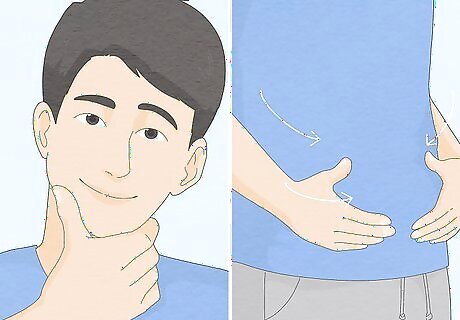
You might notice clearer skin, increased energy, and less bloating. The most-touted benefit of a yeast-free diet is the elimination of yeast infections. If you get yeast infections frequently, the diet can be worth trying for this benefit alone. Many of these other benefits are just as likely to come from the fact that you're simply eating more healthy foods.
What should I do to prepare for the diet?
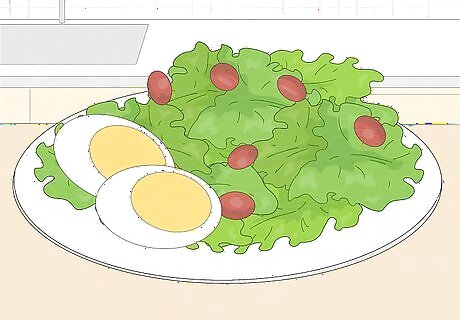
Many dieters start with a cleanse to eliminate as much yeast as possible. The developers of the Candida Diet recommend starting with a 3-7 day cleanse to prepare your intestine for the elimination diet by flushing out most of the yeast and exposing the rest. During the cleanse, you eat primarily salads and fresh vegetables seasoned with herbs, along with some eggs for protein. The detox cleanse recommended by the Candida Diet specifically is extremely strict and may cause temporary side effects, including headaches and fatigue. It's totally possible to go on a yeast-free diet and not bother with the cleanse. Keep in mind, also, that attacking yeast this aggressively is probably not necessary for everyone. If you do decide to go forward with the cleanse, talk to your doctor beforehand to make sure you're healthy enough to do it.
What foods can I eat on a yeast-free diet?
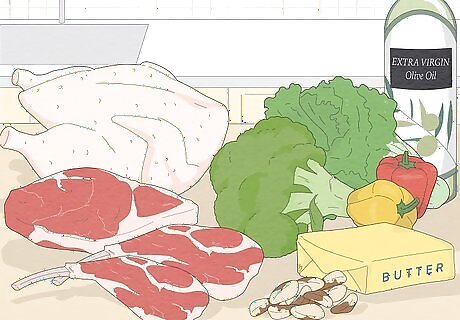
Generally, you can enjoy low-carb vegetables, lean meats, nuts and oils. Eat whole foods rather than processed foods, such as frozen meals, which typically contain sugar and yeast. Here are some examples of foods you can eat without restriction: Vegetables: asparagus, bell peppers, broccoli, cabbage, carrots, cauliflower, celery, collard greens, lettuce, onions, spinach, tomatoes Meats: beef, chicken, lamb, shellfish, turkey, wild game Nuts and oils: Brazil nuts, butter, cashews, olive oil, pecans, pumpkin seeds, olive oil, walnuts
What foods should I avoid?
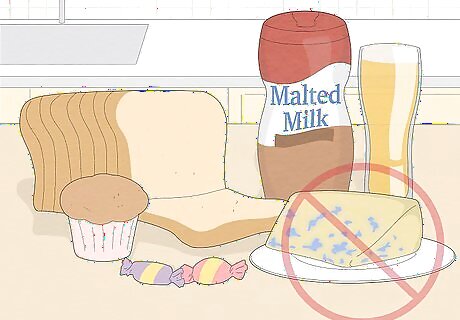
Generally, avoid sugar and all foods that contain yeast or mold. The diet also recommends avoiding most high-carbohydrate foods, such as potatoes and legumes, because carbohydrates feed and help sustain the yeast in your body. Here are some other foods to eliminate on a yeast-free diet: White bread, pastries, and other bakery goods Moldy cheeses, such as blue cheese Malt products, including malted milk drinks, cereals, and candies Edible fungi, including all types of mushrooms Foods that promote candida growth, such as fermented foods, vinegar, and alcoholic beverages
Can I drink coffee on a yeast-free diet?
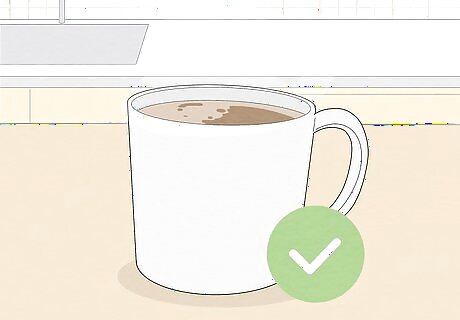
Yes, but only drink limited amounts and without added sugar. Advocates of yeast-free diets note that caffeine can inhibit your immune system's ability to fight off candida overgrowth. It can also cause your blood sugar to spike, which can exacerbate the problem since candida feeds off of that sugar. Sticking to a single cup of coffee in the morning is probably best. If you simply like the taste of coffee, you might try supplementing with decaf—but without adding cream or sugar.
When will I start to see improvement?
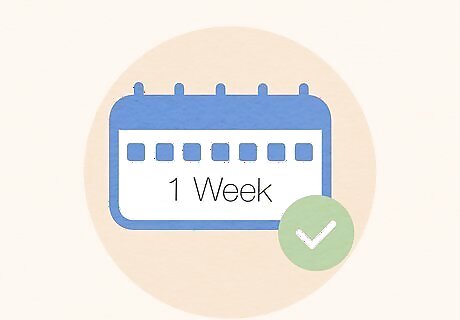
You may start to notice improvement after just a few weeks on the diet. When you start eating healthier, whole foods, you'll likely start to feel better in general. You might also notice some symptoms of yeast overgrowth start to ease or disappear completely. Your first few days on the diet, you may feel worse than before you started. This is likely attributable, at least in part, to your body undergoing withdrawal from sugar. Proponents of the diet assert the flu-like symptoms common during the first few days happen because the yeast in your body is dying off.
Can I lose weight on a yeast-free diet?
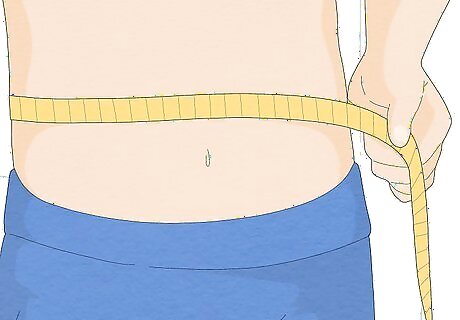
Yes, it's possible to lose weight on a yeast-free diet. Although the yeast-free diet isn't intended to be a weight-loss diet, eliminating sugar, alcohol, and processed foods can help you lose weight. You'll also experience increased energy, which can result in a boost to your metabolism so you're burning more calories than you were before. Proponents allege that overgrowth of yeast can make it difficult to lose weight. From this, it follows that if you decrease the amount of yeast in your body, you'll be able to lose weight more easily.
How long should I stay on the yeast-free diet?
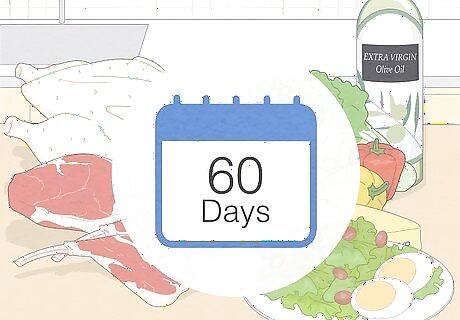
You can stay on the diet for as little as 60 days or make it a permanent change. The Candida Diet specifically claims that, if followed correctly, the diet will eliminate candida overgrowth in 60 days. However, you might want to incorporate some aspects of the diet into your regular lifestyle to benefit your overall health. Cutting back on sugar and eating fewer processed foods will always have health benefits for you, regardless of the amount of yeast in your body. If you decide to re-introduce restricted foods into your diet, do so gradually while still maintaining a healthy overall diet.
















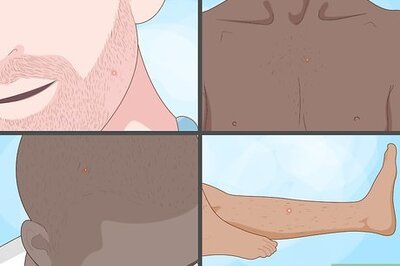

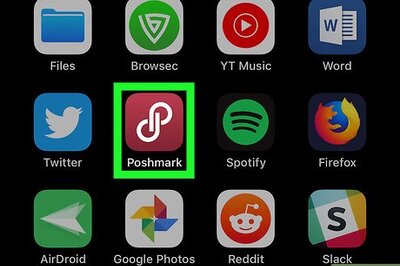
Comments
0 comment